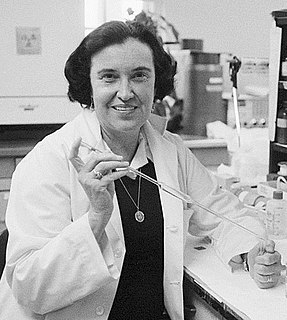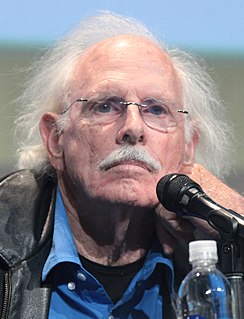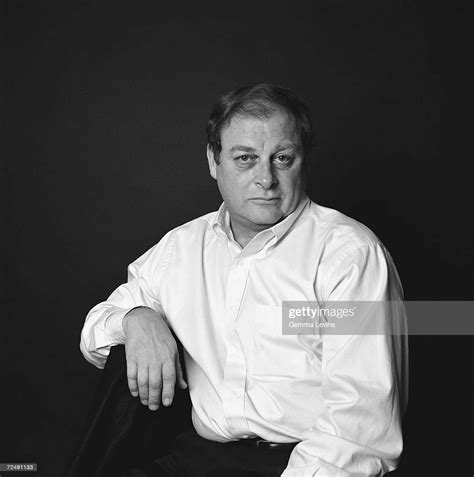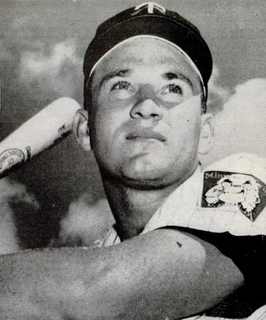A Quote by Barbara Hambly
I have a couple of dozen books on my reader: ideal for a long trip or an afternoon waiting at the medical clinic. It's flexible.
Related Quotes
Every year, I volunteer with Remote Area Medical mobile clinics to provide care to folks in rural Virginia. They do incredible work. But I'm the first to admit that treating people once a year at an annual clinic isn't the ideal way to provide healthcare. We should be investing in long-term, permanent solutions to rural health.
One Chief Astronaut used to make a point of phoning the front desk at the clinic where applicants are sent for medical testing, to find out which ones treated the staff well-and which ones stood out in a bad way. The nurses and clinic staff have seen a whole lot of astronauts over the years, and they know what the wrong stuff looks like. A person with a superiority complex might unwittingly, right there in the waiting room, quash his or her chances of ever going to space.
Reading is the creative center of a writer’s life. I take a book with me everywhere I go, and find there are all sorts of opportunities to dip in. The trick is to teach yourself to read in small sips as well as in long swallows. Waiting rooms were made for books— of course! But so are theater lobbies before the show, long and boring checkout lines, and everyone’s favorite, the john. You can even read while you’re driving, thanks to the audiobook revolution. Of the books I read each year, anywhere from six to a dozen are on tape.
In my couple of books, including Going Clear, the book about Scientology, I thought it seemed appropriate at the end of the book to help the reader frame things. Because we've gone through the history, and there's likely conflictual feelings in the reader's mind. The reader may not agree with me, but I don't try to influence the reader's judgment. I know everybody who picks this book up already has a decided opinion. But my goal is to open the reader's mind a little bit to alternative narratives.







































